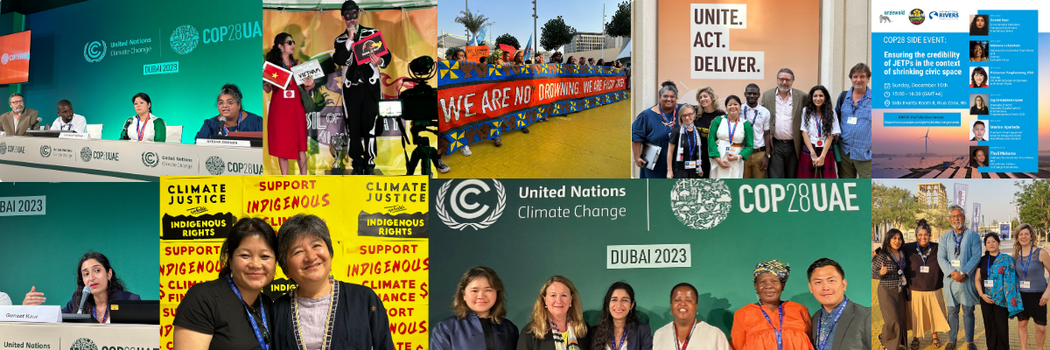During this year’s COP28 climate meeting in Dubai, International Rivers and partners brought attention to the critical need for prioritizing and addressing human rights and a just energy transition if our global climate goals are to truly succeed.
The UNFCCC Climate meeting took place from November 30 to December 12, 2023. Sessions and negotiations on what should and should not be in a global climate agreement were held throughout the two weeks. International Rivers led a delegation with partners from around the world. Below is a summary of our events and activities.
Press conference – COP28: Civil Society Groups Convene at COP28 to Demand Urgent Release of Vietnam’s Climate Defenders
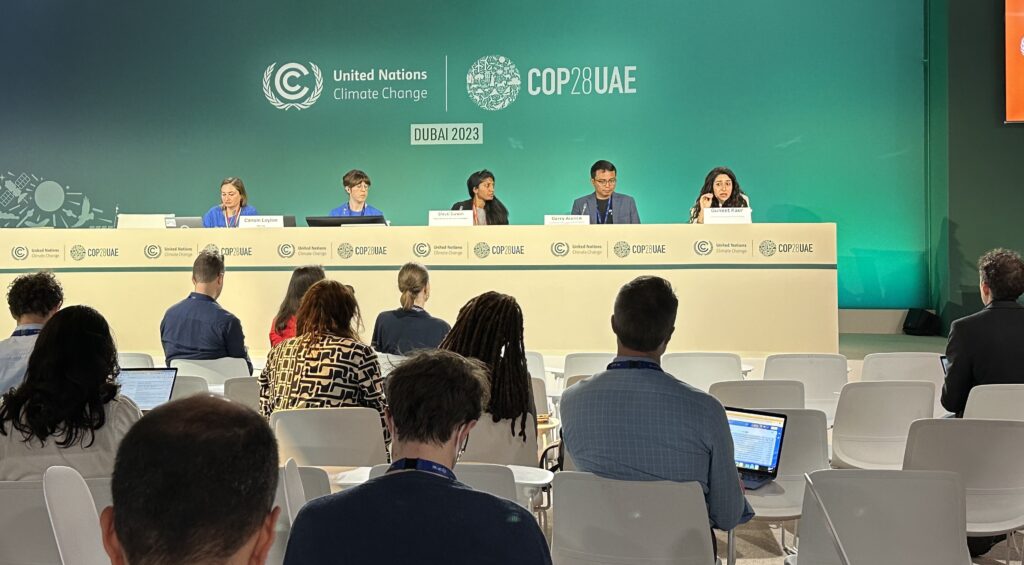
The Just Energy Transition Partnership (JETP) format is meant to marshal funding from wealthy donor countries, international development banks and commercial banks to jump-start energy transitions in low- and middle-income countries where coal emissions are still growing. These deals have been signed with South Africa, Indonesia and Vietnam, and discussed with India and Senegal.
But the lack of safeguards for environmental defenders in the primary JETP framework document has led to a “governance black hole” that could be exploited by other countries receiving JETP funds, said Guneet Kaur of International Rivers.
“You put people who work on the transition away from coal in jail, and then there is nobody to say anything on whether this is a good solution, a false solution, is it moving away from coal, is it producing more greenhouse gases,” said Kaur.
“These 6 remarkable individuals, climate leaders, human rights defenders, have been arrested by Vietnam and have been the ones advocating for a transition away from coal in Vietnam and paved the way for Vietnam’s JETP. These include Danh Dinh Bach, Hoang Thi Minh Hong.
This is a high stakes situation. There is no safeguard for environmental human rights defenders within the JETP framework, later on we don’t know whether there will be a meaningful energy transition. In the RMP we see a lot of false solutions – we need to see these environmental defenders to point out the gaps between what the government is commiting on the international stage and what is between the fine lines where there is a lot of investment in coal again and again.” – Guneet Kaur, environmental defenders campaigner for International Rivers.
Watch the press conference and read the press release. Read the article, “NGOs at COP28 demand Vietnam free climate advocates before it gets energy funding” in Mongabay.
CSO Event: Putting People at the Center of a Just Transition
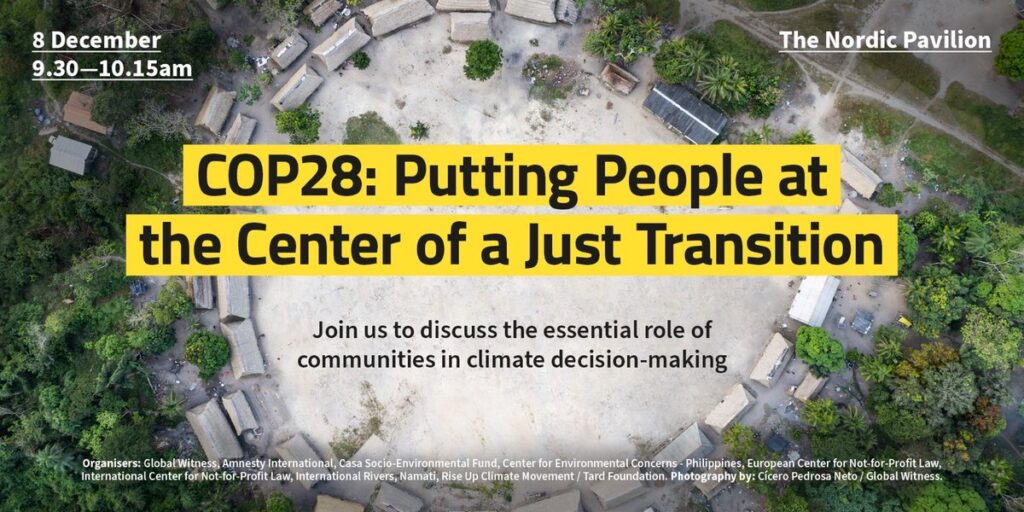
International Rivers and civil society discuss human rights climate justice and how can we achieve a people-focused approach to a just transition.
Watch the event:
Indigenous People’s Leadership and Rights
Photos from the Indigenous People’s March on December 9th:
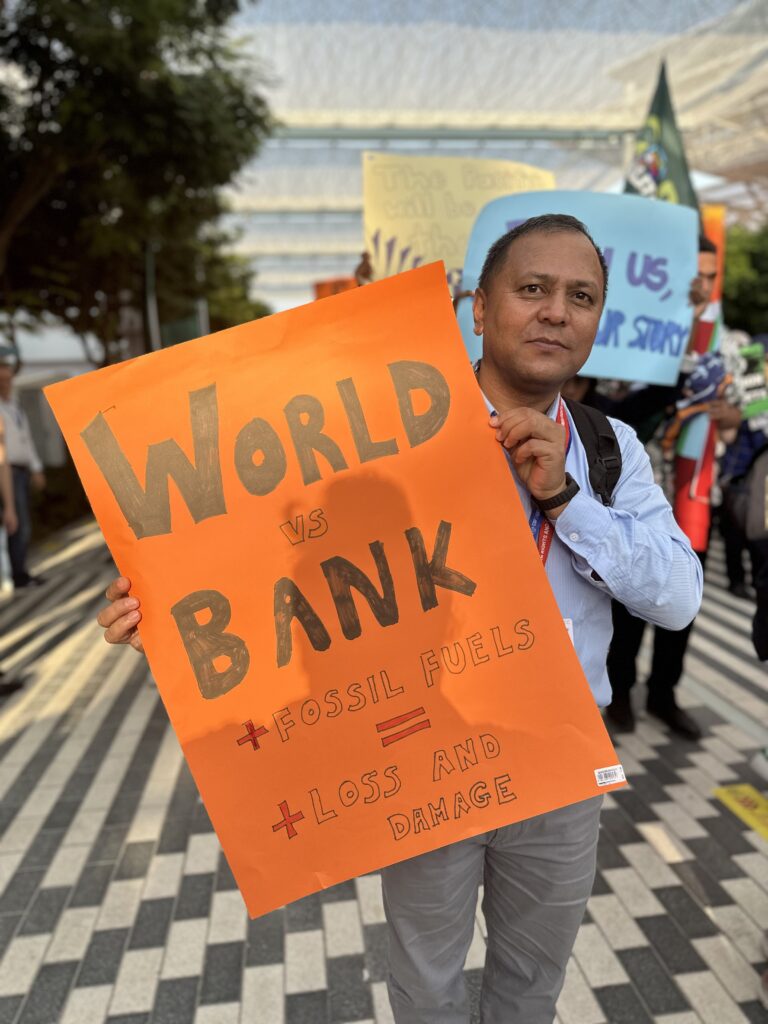
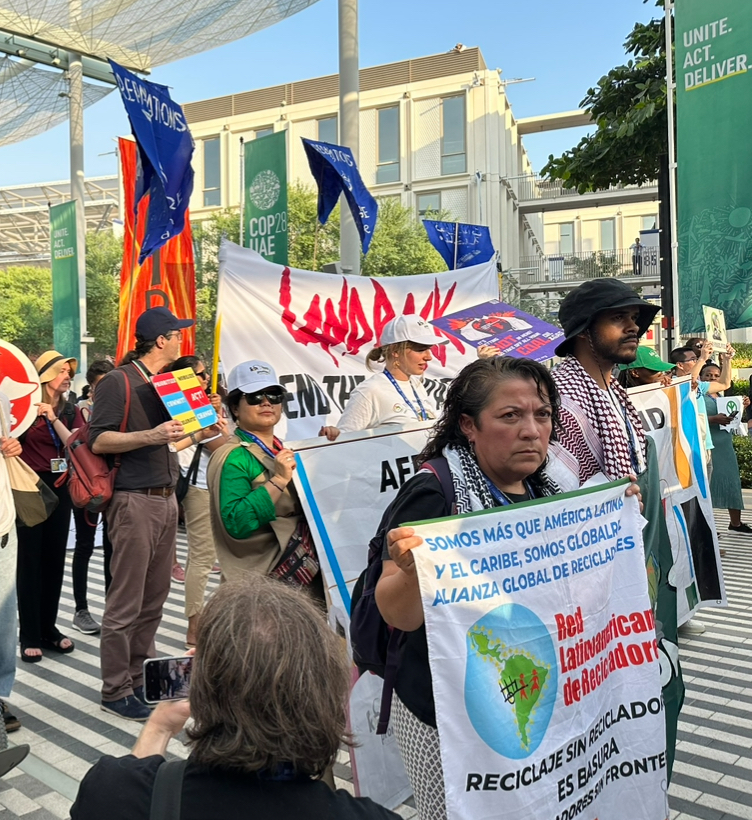
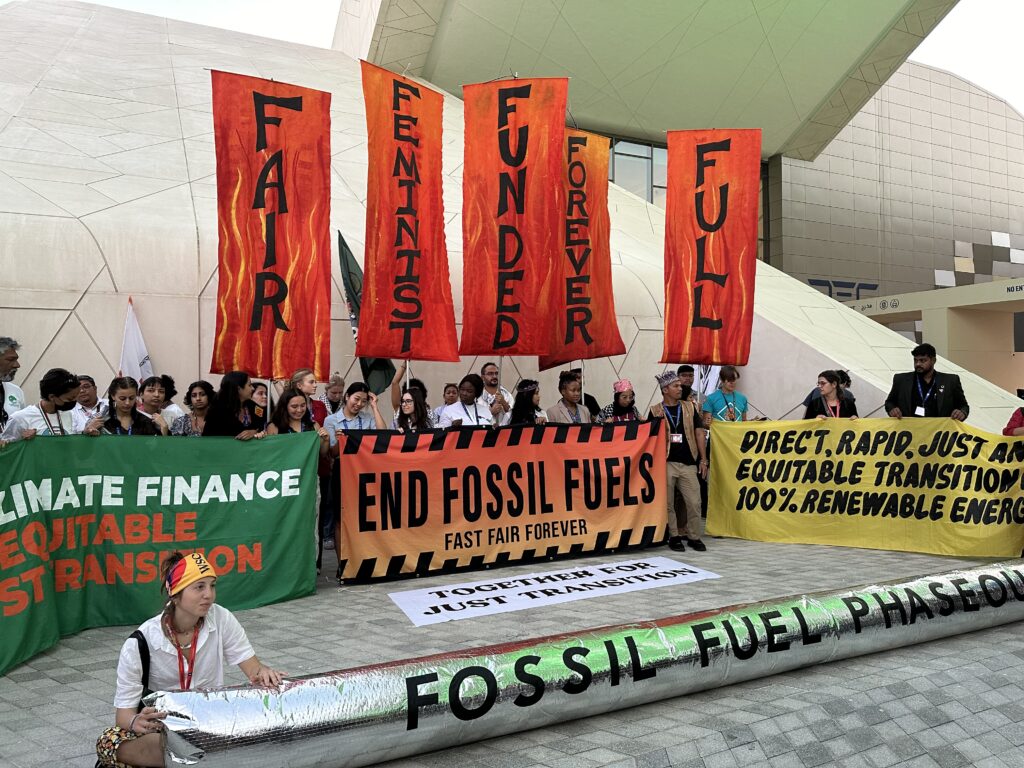
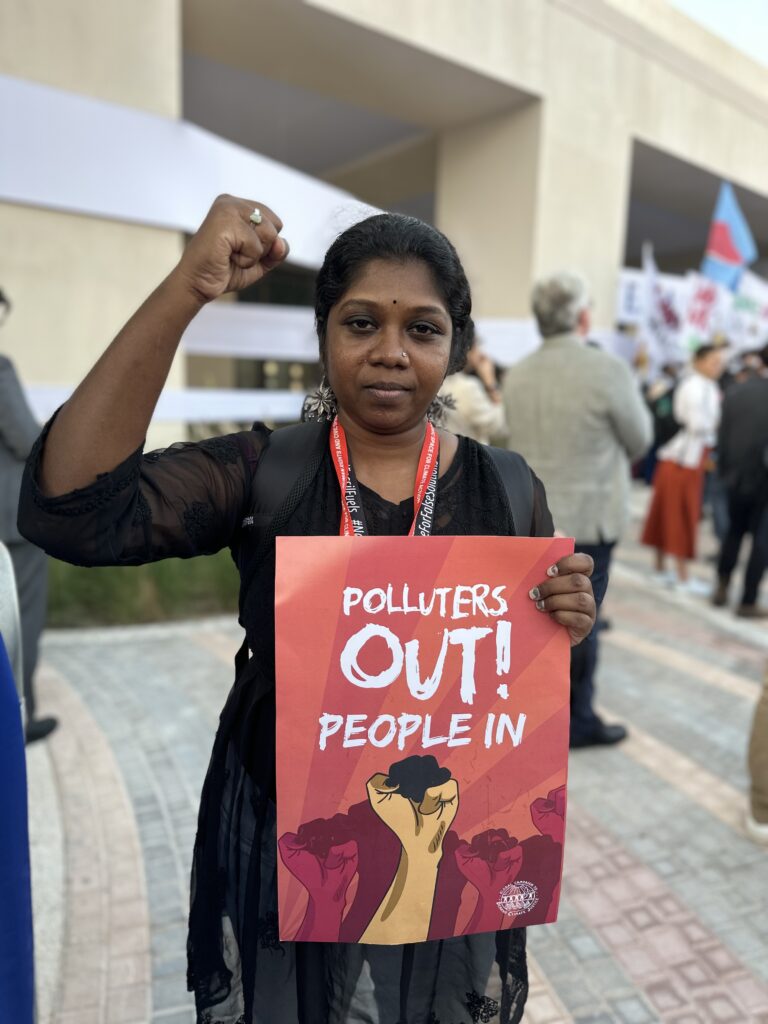
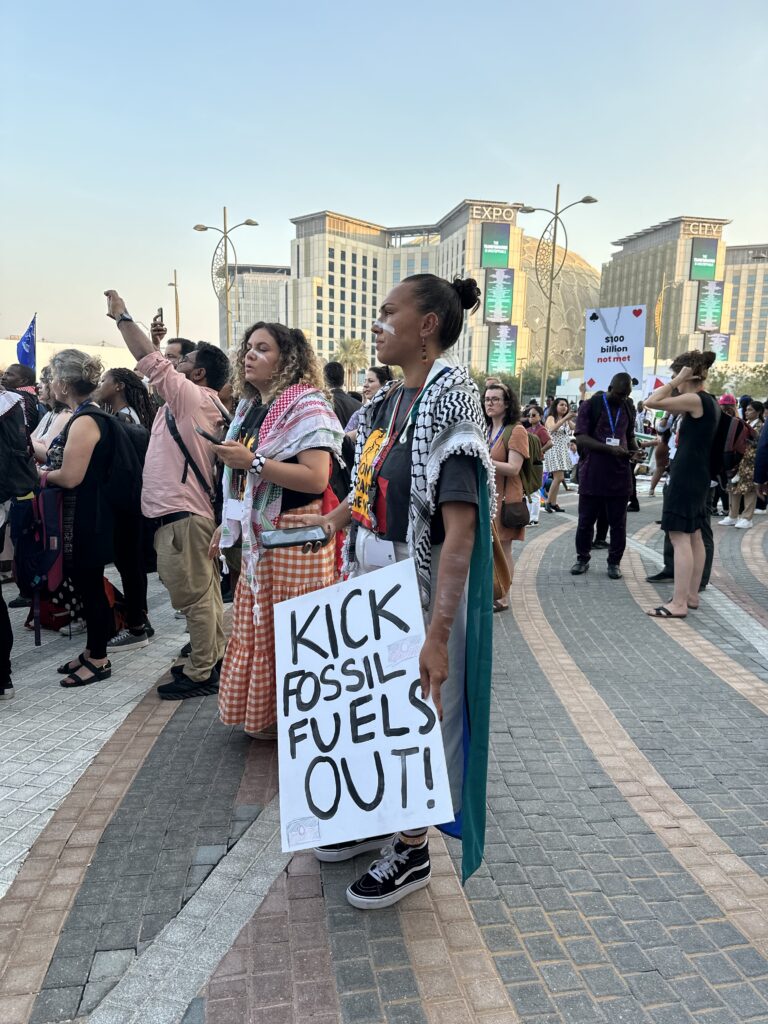
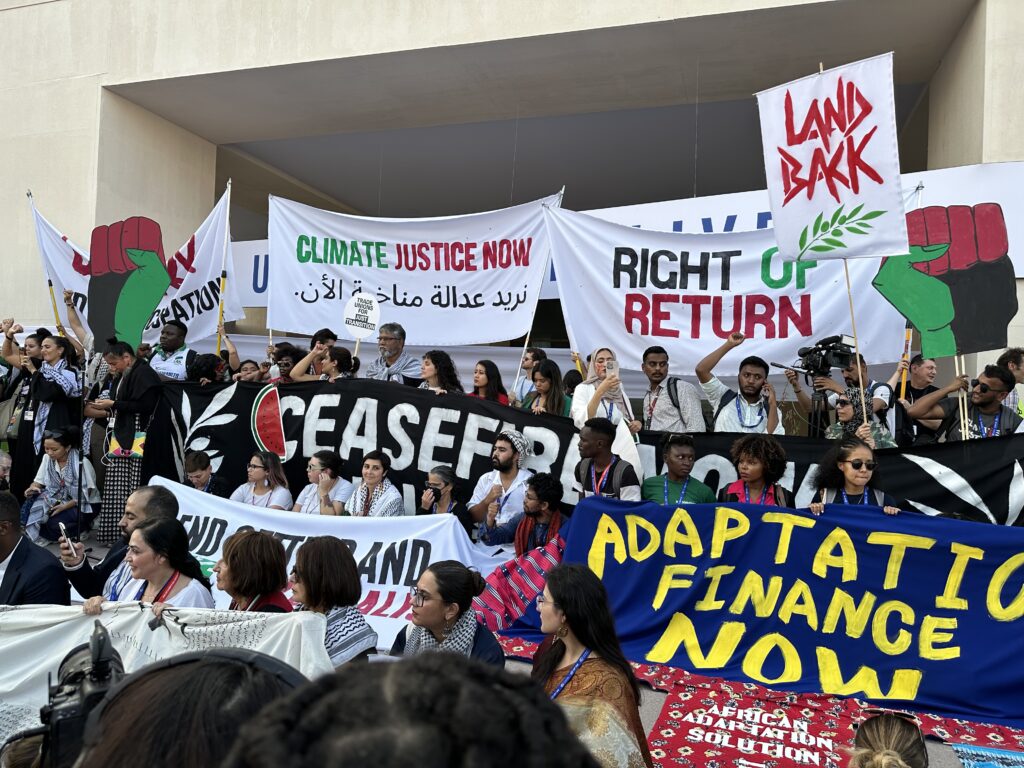
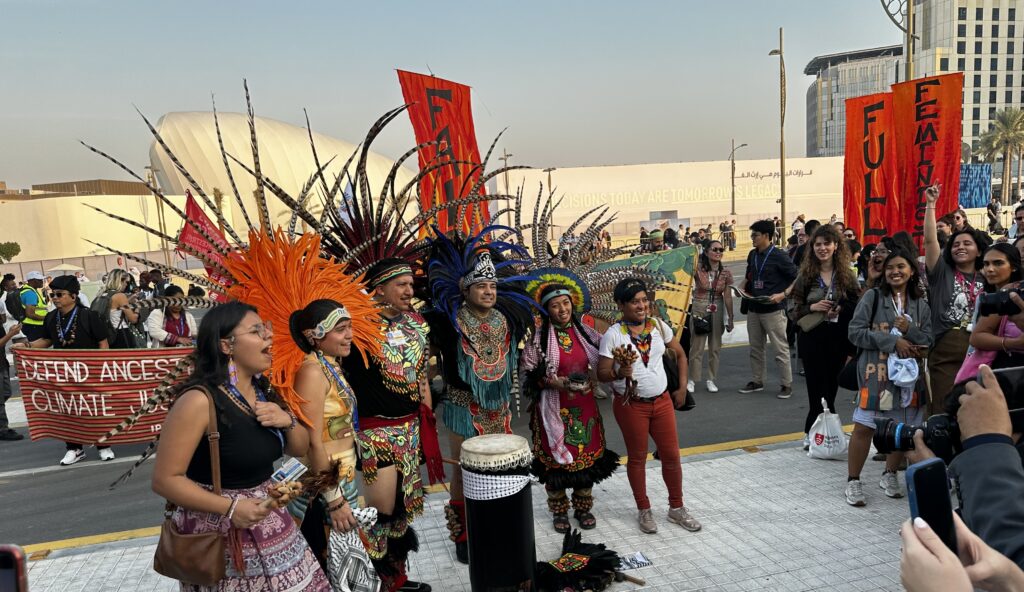
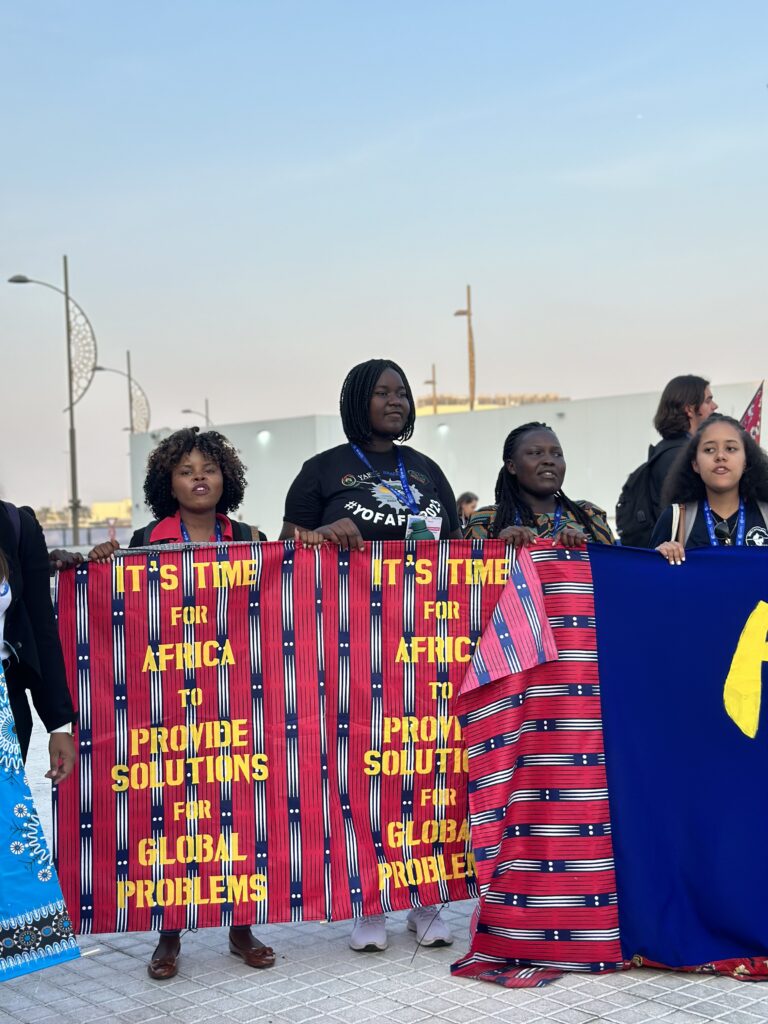
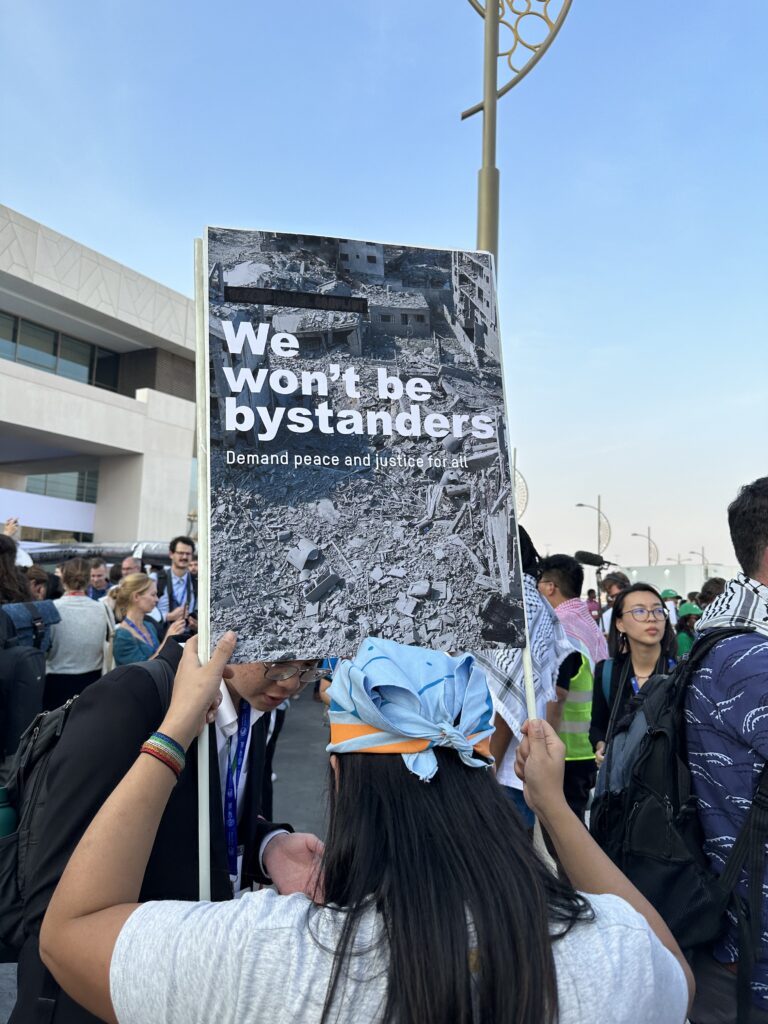
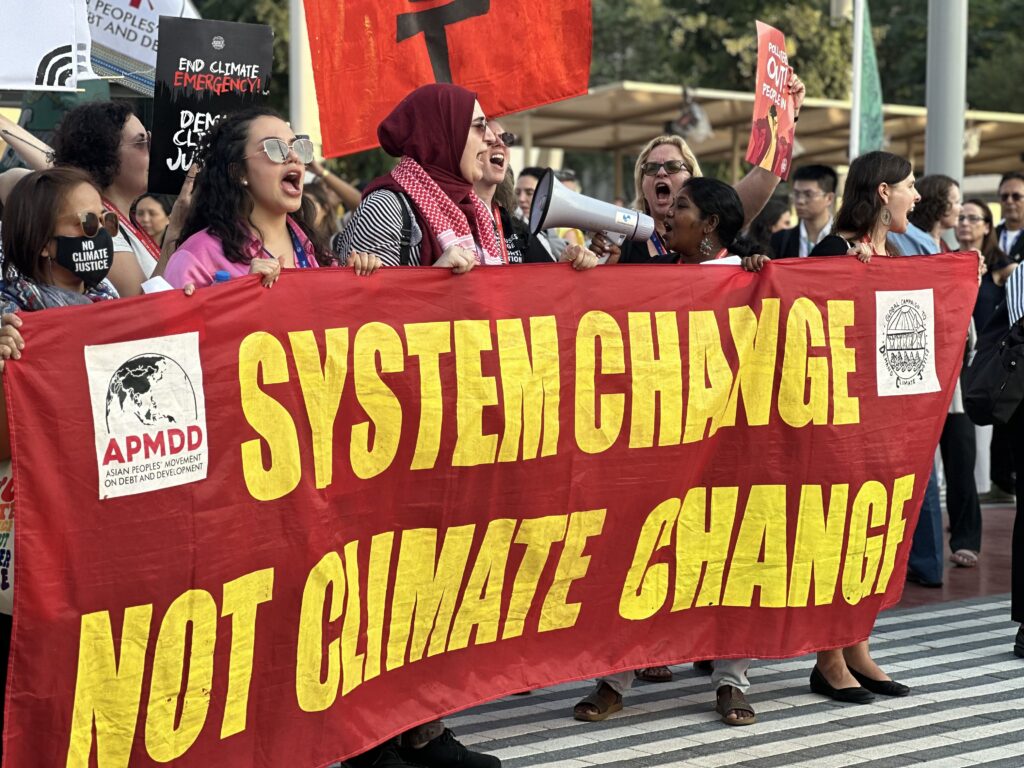
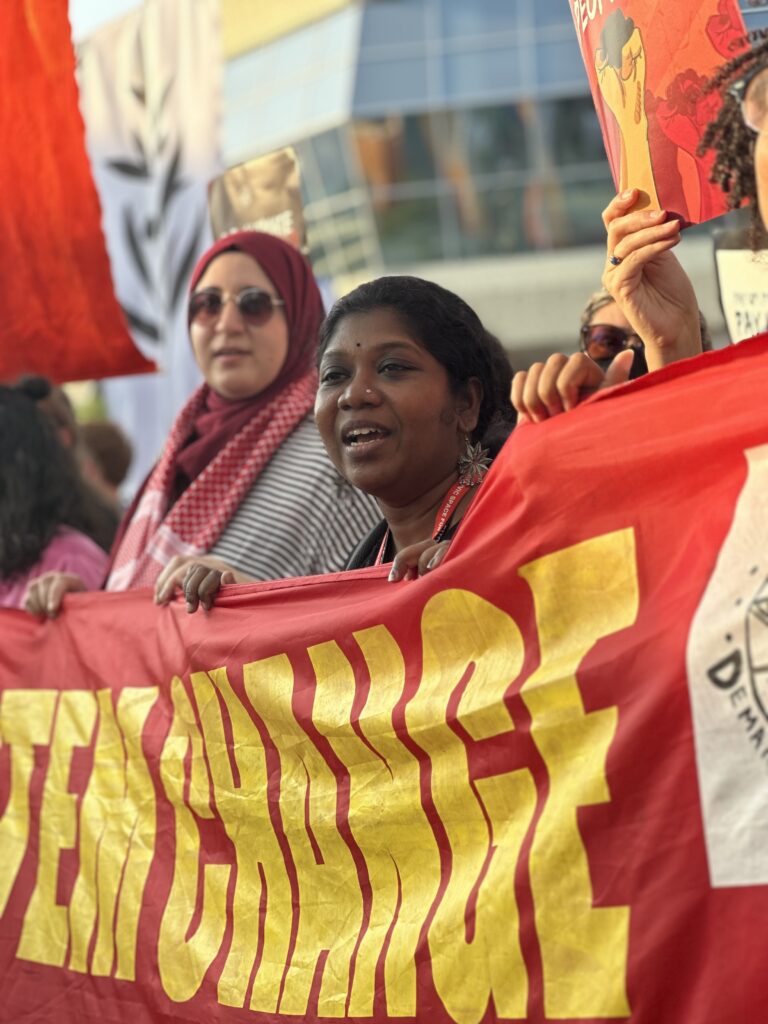
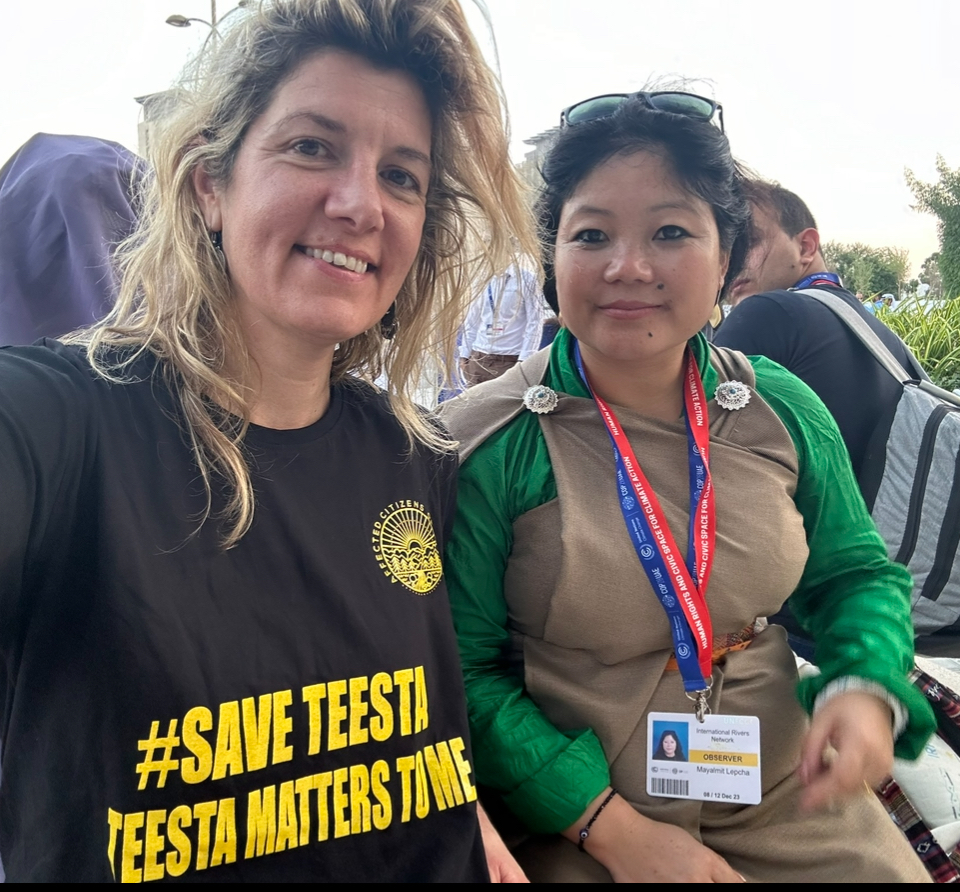
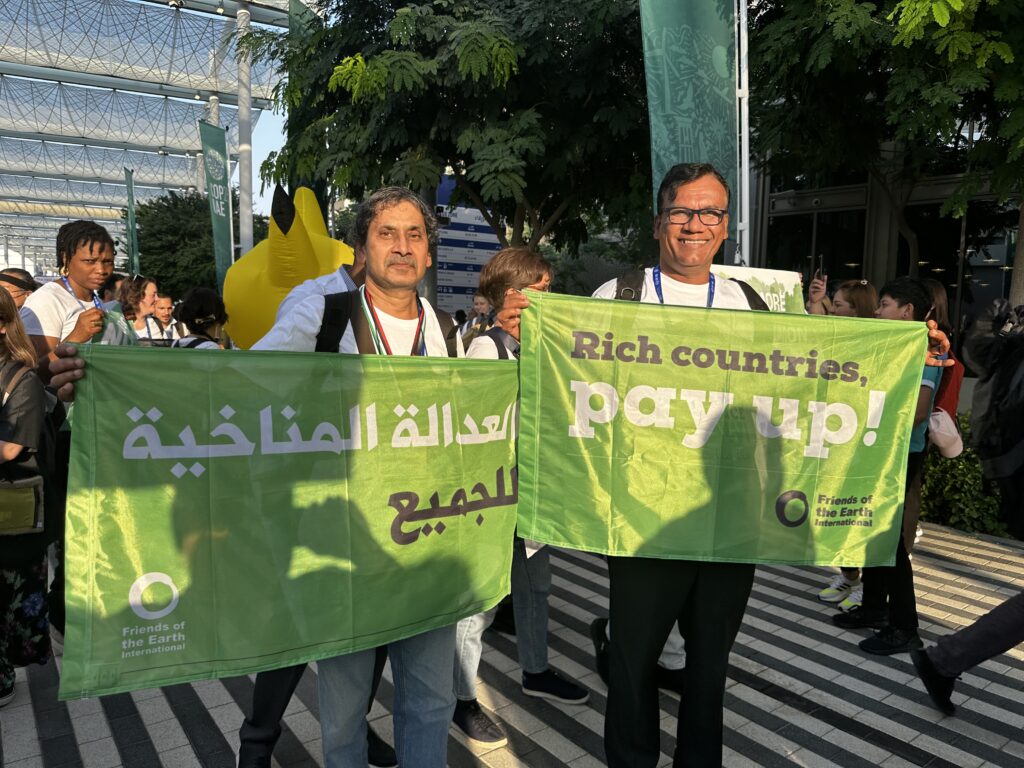
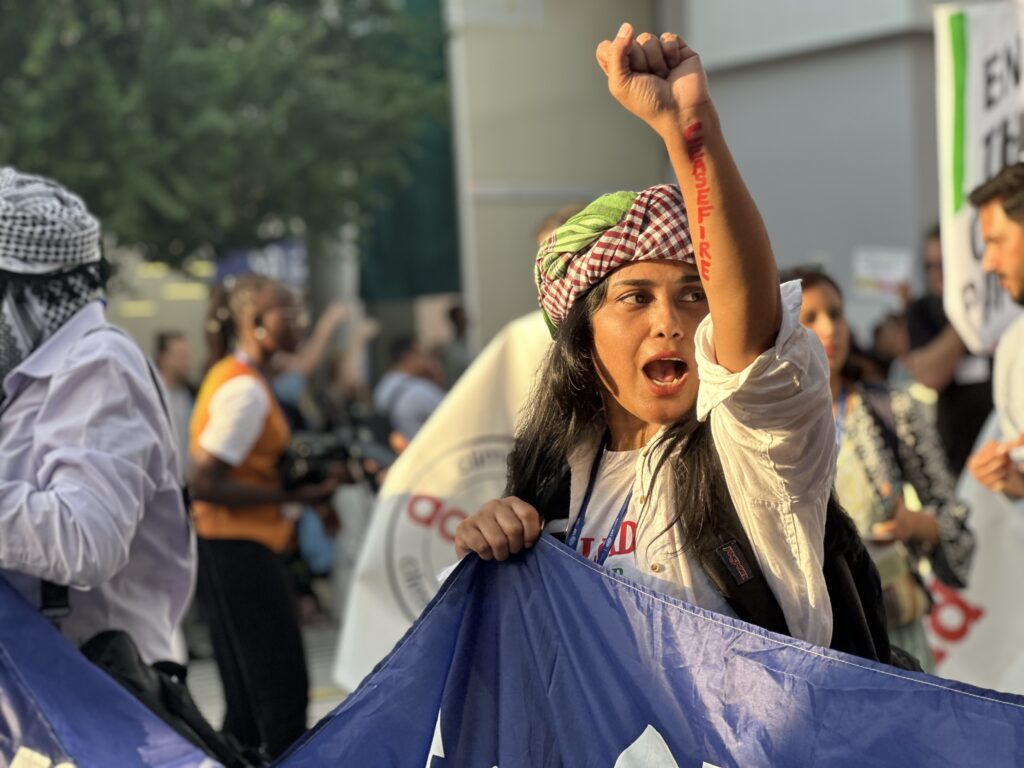
Side Event: Ensuring the credibility of JETPs in the context of shrinking civic space
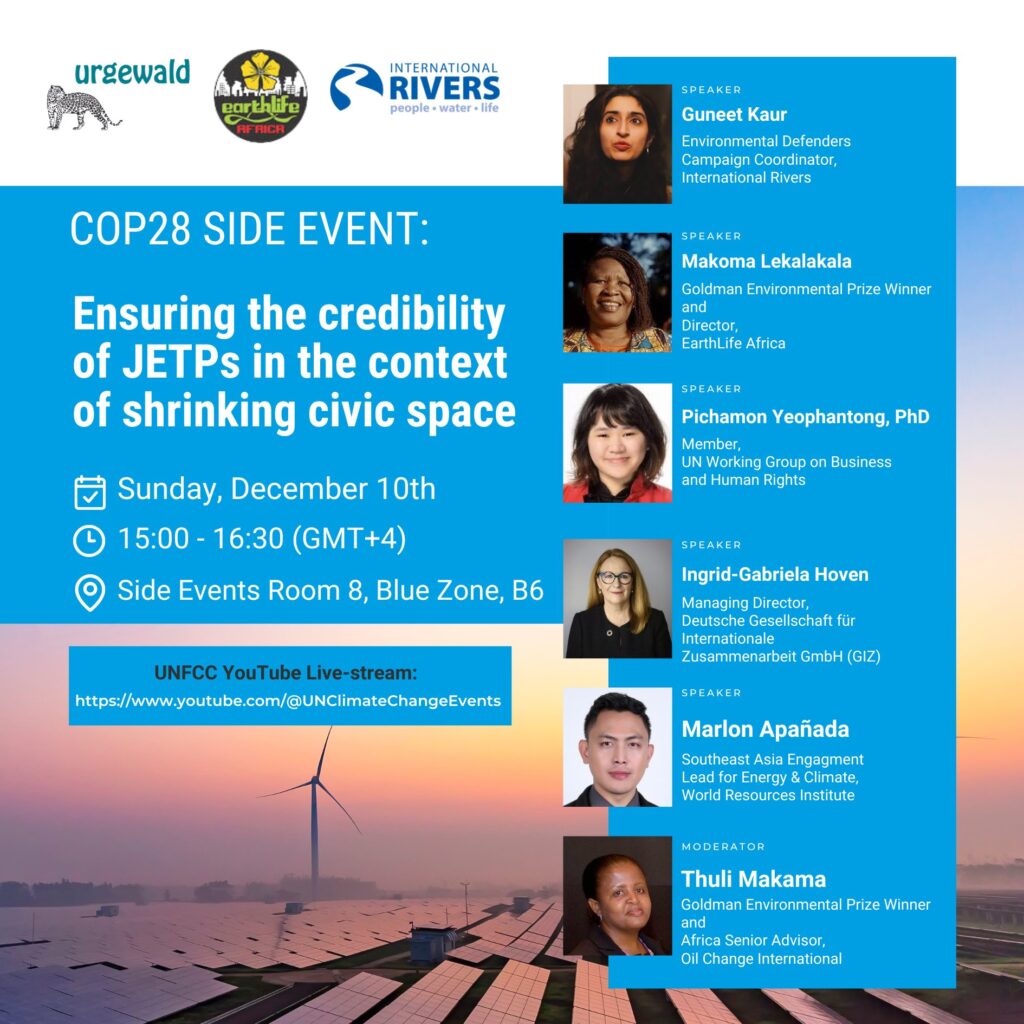
Climate leaders are increasingly under threat, undermining progress in meeting climate goals, including in Just Energy Transition Partnerships. This session explored trends and offers recommendations on protecting civic space to ensure that climate commitments are credible, just, and achievable.
—
The Just Energy Transition Partnership (JETP) is an emerging financing mechanism between largely G7 nations and coal-dependent developing countries to support the countries’ own paths to phase out coal and transition to clean energy while addressing social consequences and ensuring ‘a broad consensus’. To date, JETPs are underway with South Africa, Indonesia, Vietnam and Senegal, and are under negotiation in several other countries. Yet despite the emphasis on “just”, for the JETPs currently under development and implementation, much of the focus has been on the technical aspects of planning and financing the energy transition, with limited attention to the “just” component.
Public participation, transparency, accountability are all essential in addressing the social and environmental consequences of development and are crucial to a just transition that leaves no one behind. Yet the civic space that underscores these core principles is under increasing threat. From a lack of proper consultation with and inclusion of civil society in the early stage technical discussions, to unjust and arbitrary arrests of climate leaders and energy policy experts, civic space for environmental dialogue is shrinking in JETP recipient countries. Climate leaders and environmental defenders face constrained operating contexts and serious risks of reprisals, particularly at the early stage of the JETP process when project selection happens, undermining progress in meeting climate goals. On the other hand, institutional stakeholders currently apply safeguard policies and consultation requirements to particular projects, rather than the financing framework as a whole.
A strong and free civil society is critical for accountability and transparency in the JETP process. A Just Energy Transition Partnership can only be just when civil society is involved in its design, planning and implementation. With the multitude of stakeholders involved in the JETP framework, there is a lack of clarity and coordination in the principles that will ensure a just transition. There is a pressing need for different stakeholders to come together to protect environmental defenders and build a safe space for dialogue within the JETP framework. This session will explore trends and solutions on protecting civic space to ensure that JETPs and their underlying climate commitments are credible, just, and achievable.
Speakers:
Dr. Pichamon Yeophantong, Chair of the UN Working Group on Business and Human Rights
Ingrid-Gabriela Hoven, Managing Director, GIZ
Makoma Lekalakala, Director, EarthLife Africa
Guneet Kaur, Environmental Defenders Campaign Coordinator, International Rivers
Marlon Joseph Apanada, World Resources Institute (TBC)
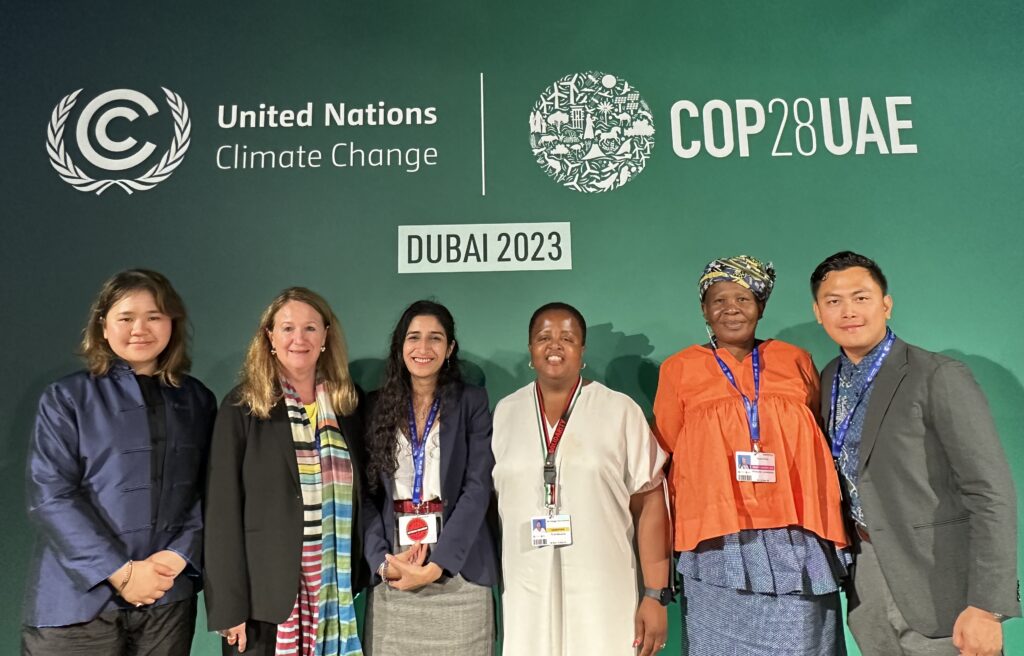
Side Event: Hydropower as a false climate solution & Indigenous efforts to protect and restore rivers
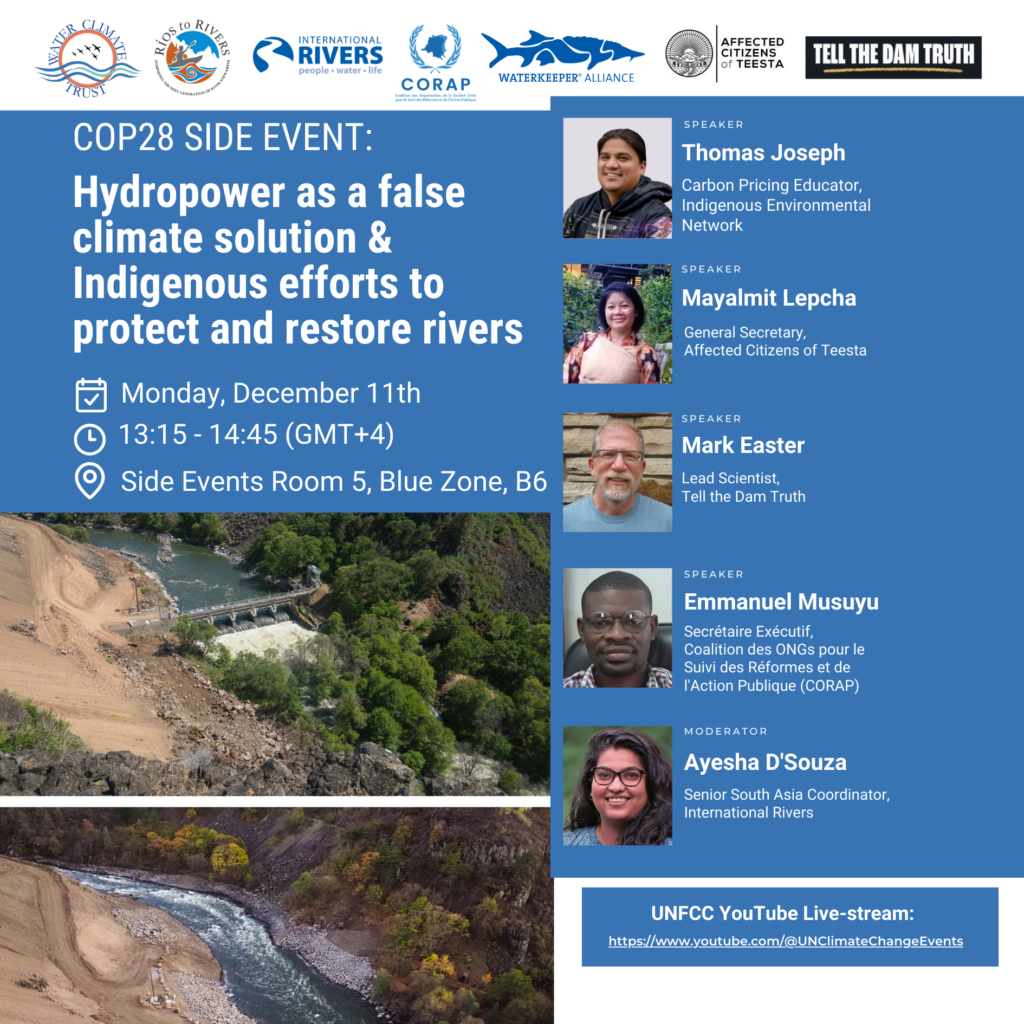
This session examined hydropower’s massive methane footprint, UN support for dams as emission offsets, the growing threat the climate crisis poses to dams and the millions of people who live downstream, and Indigenous-led efforts to restore their rivers through dam removal
Speakers:
Thomas Joseph, Indigenous Environmental Network (USA)
Mark Easter, Save the Colorado (USA)
Mayalmit Lepcha, Affected Citizens of Teesta (India)
Emmanuel Musuyu, CORAP (Democratic Republic of Congo)
Ayesha D’Souza, International Rivers (India)

